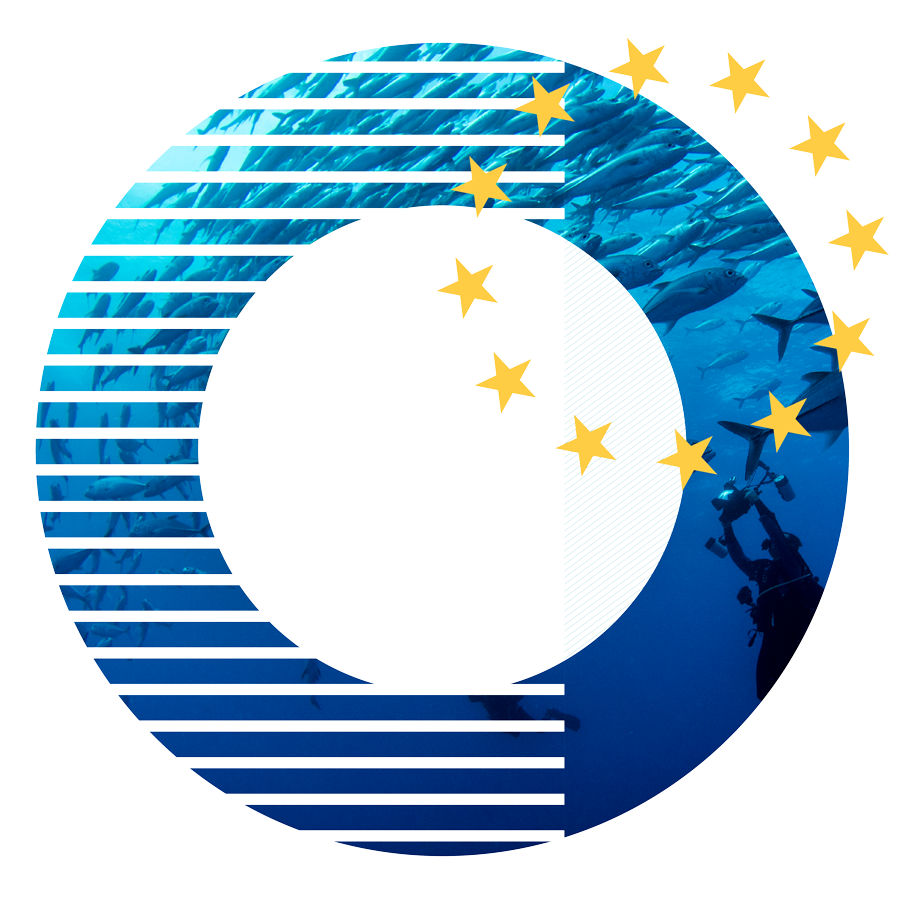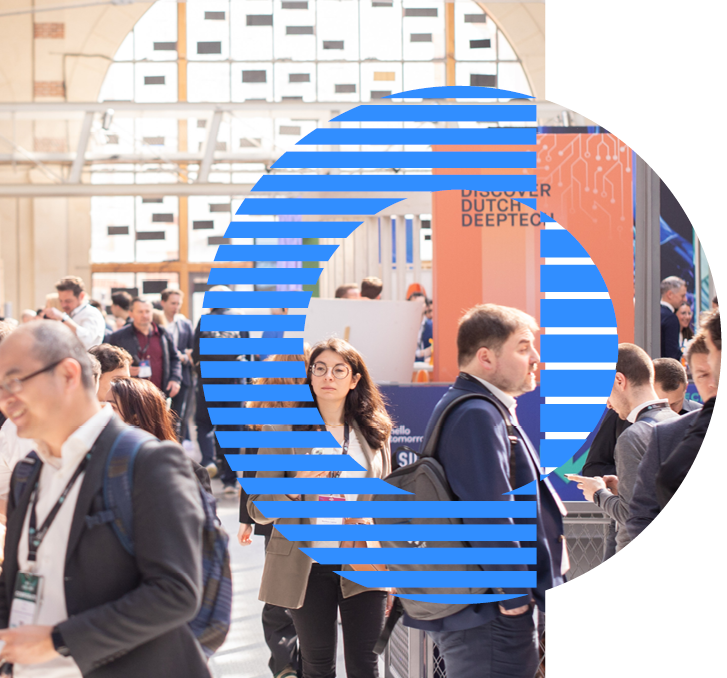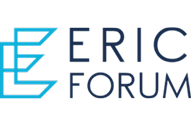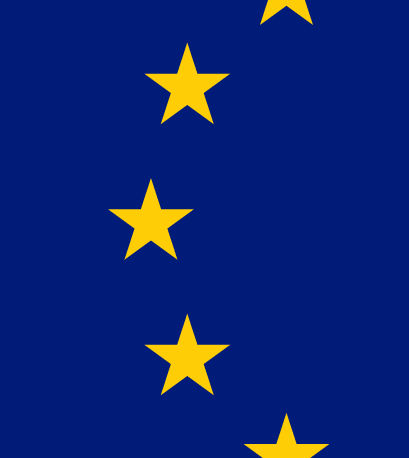
ERIC FORUM
ERIC FORUM
A Horizon Europe project
TA-funded services
Not available
ERIC FORUM
Strengthening the coordination of research infrastructures

ERIC FORUM’s mission
The ERIC Forum’s aim is to facilitate the establishment and operations of ERICs (European Research Infrastructure Consortium).
EMBRC’s role in ERIC FORUM
EMBRC provides cutting-edge, interdisciplinary expertise to the implementation of the project.

This project was co – funded by the European Union (GA# 823798 – ERIC FORUM).
Views and opinions expressed are however those of the author(s) only and do not necessarily reflect those of the European Union. Neither the European Union nor the granting authority can be held responsible for them.


